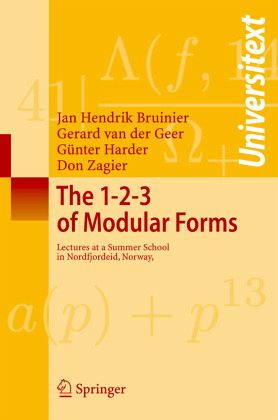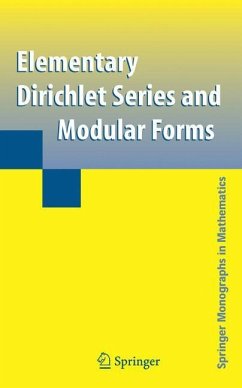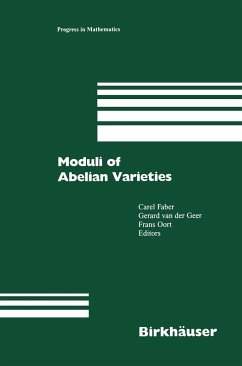From the reviews:
"Zagier ... gives 28 stunning applications, starting with class numbers, ranging through drums of 'unhearable' shape, percolation, nonlinear differential equations, and ending with primes that equal the sum of two cubes. ... Summing Up: Highly recommended. Upper-division undergraduate through professional collections." (D. V. Feldman, Choice, Vol. 46 (7), March, 2009)
"The authors of The 1-2-3 of Modular Forms succeed in providing a ... thorough account of the theory of modular forms in various guises and applications, discussing in more detail the topics mentioned here as well as many more. Undoubtedly, due to both its breadth and readability, this book will be a useful source for mathematicians, both novice and expert, wishing to read more about modular forms and a beautiful theory." (Amanda Folsom, Bulletin of the American Mathematical Society, Vol. 46 (3), July, 2009)
"If you ever wanted to gain a general understanding of modular forms ... then you should check out The 1-2-3 of Modular Forms. ... Each set of lectures includes standard introductory material as well as concrete examples and applications. ... One could use this as a way to start a graduate student working on modular forms ... . Whether you are looking for a nice way to begin your study ... or are already familiar with them, this is a book that you will enjoy." (Suzanne Caulk, The Mathematical Association of America, September, 2010)
















